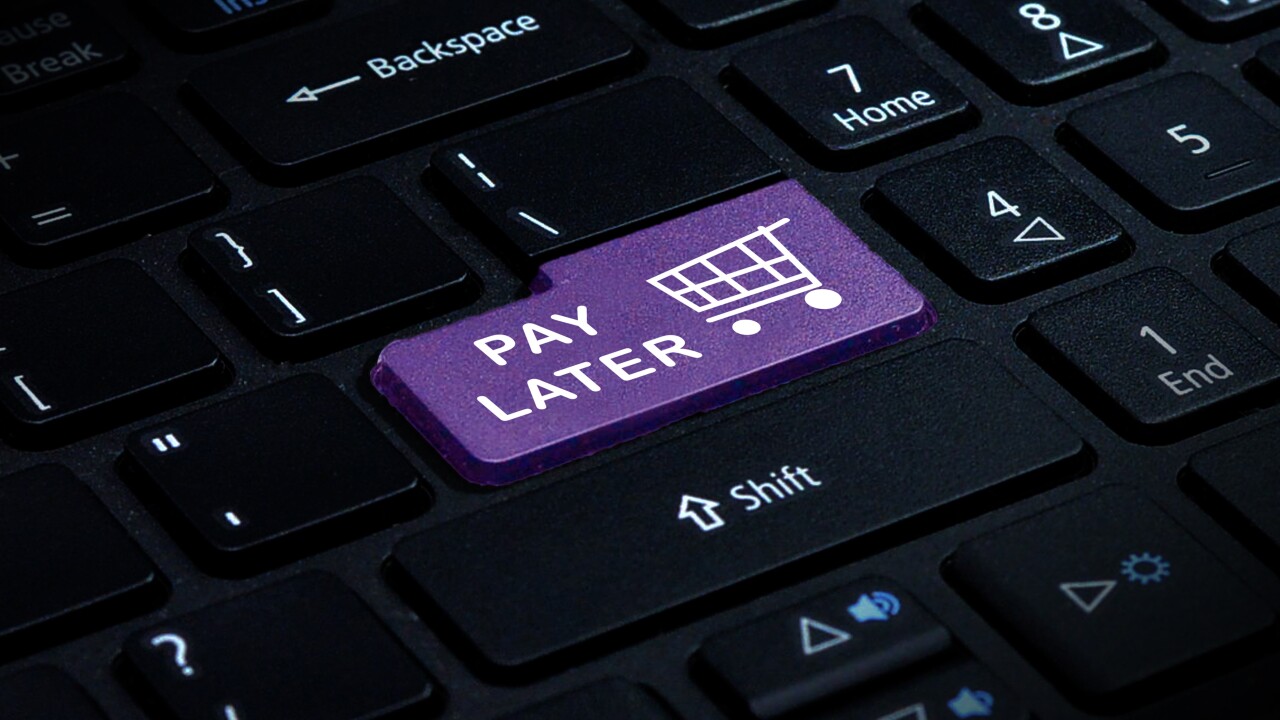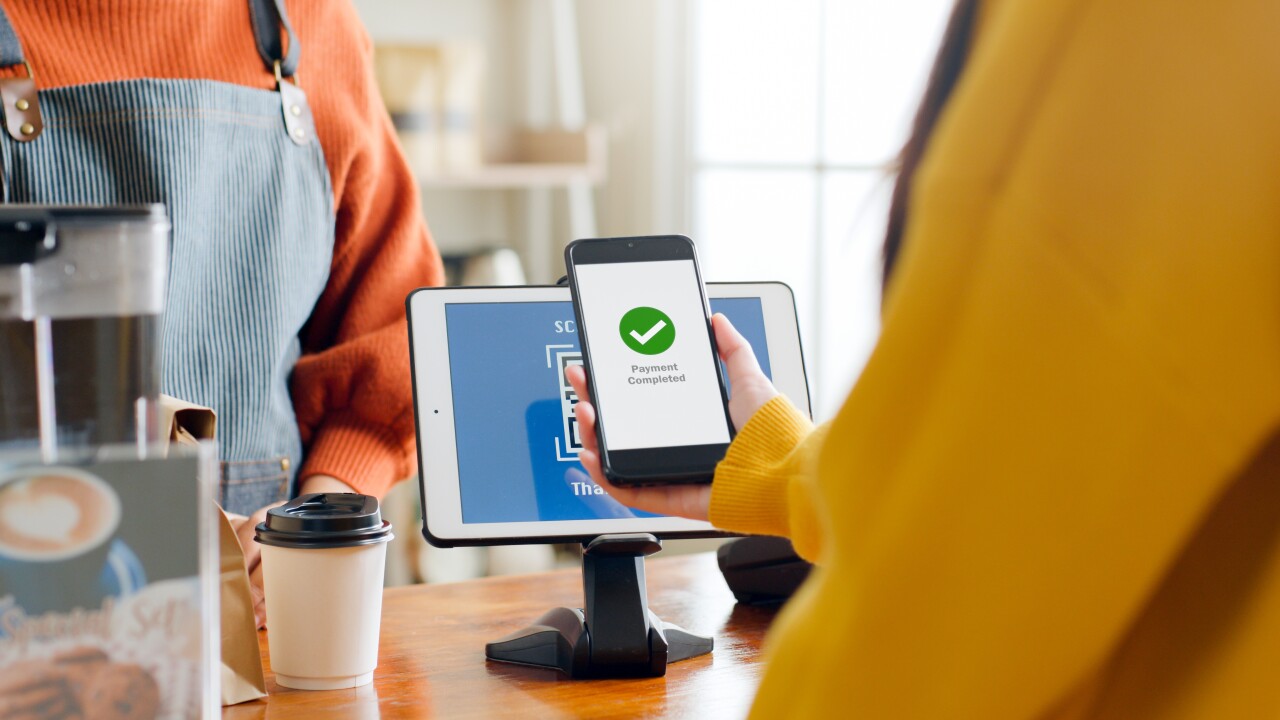-
Delinquencies on credit-card debt mostly held steady at the end of last year, but certain groups of consumers are faring better than others.
February 10 -
American Banker's 2026 Predictions report finds that nonbank entities and check fraud are major threats to local banks in the coming months.
February 5 -
President Donald Trump's support of legislation that would cap credit card interest rates at 10% has flagged in recent weeks, but experts say that the debate has highlighted significant gaps in regulators' understanding of the credit card market and how its risks are priced.
February 3 -
Pre- and post-purchase, buy now/pay later loans from Affirm will be available on Fiserv-issued debit cards. Last year, Affirm and FIS inked a deal to bring Affirm's BNPL loans to FIS-issued debit cards.
January 26 -
The buy now/pay later lender is seeking to create Affirm Bank, a Nevada-chartered industrial loan company.
January 23 -
A week after President Trump demanded a 10% cap on credit card interest rates, top executives at big banks protested the idea in blunt terms.
January 14 -
The 10% cap would cause a key measure of bond income — called excess spread — to drop to levels similar to those seen during the global financial crisis
January 14 -
The largest bank in the country bulked up its reserves by $2.2 billion for potential credit hits from the Apple card portfolio, which JPMorgan is taking over from Goldman Sachs.
January 13 -
The payments company submitted applications to the Utah Department of Financial Institutions and the Federal Deposit Insurance Corp. to create PayPal Bank. If approved, Mara McNeill, the former president and CEO of Toyota Financial Savings Bank, will serve as PayPal Bank's president.
December 15 -
A Consumer Financial Protection Bureau report on Pay in 4 buy now/pay later loans offered validation for an industry that has faced criticism for expanding into everyday spending, such as food delivery.
December 11 -
As federal watchdogs step back from regulating "Buy Now, Pay Later" loans, state authorities are stepping in. This week, the attorneys general from California and several other blue states joined the fight.
December 2 -
The buy now/pay later firm, which reports earnings Thursday, has inked deals with Worldpay to expand potential borrowers and with New York Life to obtain more capital for future lending.
November 3 -
The American Fintech Council requested a 30-day extension for buy now/pay later providers to submit information about their businesses to the New York Department of Financial Services. New York is the first state to institute a law specifically regulating BNPL.
August 18 -
Late-payment rates among U.S. borrowers rose again in the second quarter, according to a report from the New York Fed. The trend reflects a sharp increase in student loan delinquencies, which have been climbing as pandemic-era policies have expired.
August 5 -
Mounting liabilities are raising the stakes for an economy that has come to rely more and more on high-end consumer spending to power expansion.
July 29 -
Bank earnings have been largely positive in the second quarter despite concerns that tariffs would increase inflation and stifle economic activity. Payment divisions at banks reaped the rewards, too.
July 21 -
Historically high interest rates and falling late-payment rates suggest that credit card issuers are tightening their underwriting standards amid economic uncertainty.
July 11 -
Barclays led the sale, which consisted of three investment grade rated bonds and one rated junk.
July 3 -
The B, C and D tranches maintain minimum subordination percentages, 12.5%, 8.1% and 4.3%, respectively, allowing them to provide credit support for the class A notes.
June 20 -
Buy now/pay later provider Sezzle has filed a lawsuit against Shopify, alleging that the e-commerce giant engaged in antitrust practices by making it difficult for merchants to integrate Sezzle's BNPL offering into their websites.
June 16



















